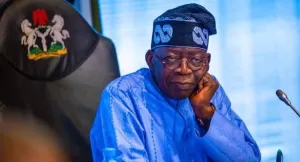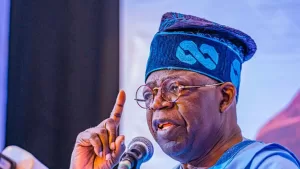Education minister endorses drug test for varsity students

The Minister of Education, Olatunji Alausa, has backed the introduction of compulsory and random drug integrity tests for students in tertiary institutions across the country.
This decision followed a meeting in Abuja on Wednesday with the Chairman and Chief Executive of the National Drug Law Enforcement Agency, Brigadier General Mohamed Buba Marwa (retd), where both parties discussed measures to curb substance abuse among students.
A statement on Wednesday by the agency’s spokesman, Femi Babafemi, Alausa also approved the review of the current secondary school curriculum to incorporate updated drug education and committed to forming an inter-ministerial working group with the NDLEA.
Babafemi said the NDLEA boss had proposed a three-pronged approach: revising drug education content in schools, introducing stand-alone drug abuse prevention programmes in secondary schools, and implementing a drug testing policy for tertiary institutions — including for new students, returning students, and random testing.
Marwa described the drug scourge as a threat to national security and youth development, citing its links to criminal activities such as terrorism and banditry.
He disclosed that the agency had arrested over 40,000 drug offenders and seized more than 5,500 metric tons of drugs in the past two years.
“We are fighting for the souls of our children. Without drugs, many criminal activities would not be possible, ” he said.
Responding, the Education Minister acknowledged the urgency of the problem, stating: “When the youths get into drugs, they won’t go to school and even when they go to school, they are not getting functional education. And at the end of the day, what happens? Their level of critical thinking is lower.
“Their ability to make informed decisions in the later part of their life becomes significantly reduced. So, they become unemployable. And what happens? You now have that vicious cycle. They’re not functional.”
The minister stated that drug test for fresh and returning students in tertiary institution students would be done.
He said, “You also said something very important about the drug test policy in tertiary institutions. We will do it.
We have to do it. We do not have a choice. At least, we’ll start with tertiary institutions, for their fresh and returning students as well as random testing.”
He announced the creation of a Substance Use Prevention Unit within the Ministry and confirmed that a revised curriculum for secondary schools is underway.
Alausa said, “I would suggest we form a technical working group, inter-ministerial working group between our ministry and NDLEA. As a result, I will also like to create a Substance Use Prevention Unit in the ministry.
“We’re reviewing the curriculum now for secondary school. And that’s why I’ve asked the director of Senior Secondary School to come, to be here and then we find a way to cascade it down to primary school. But we need to get both primary school and secondary school and add this to their curriculum. But the one for secondary school, we can definitely do that now. We’re just developing their new curriculum now.
“Also, on the stand-alone school programmes, I agree with you fully. We should also design ongoing programmes in our schools. That we can roll out, and cascade down.”
He also committed to working with UBEC and TETFUND to support the NDLEA Academy in Jos.






